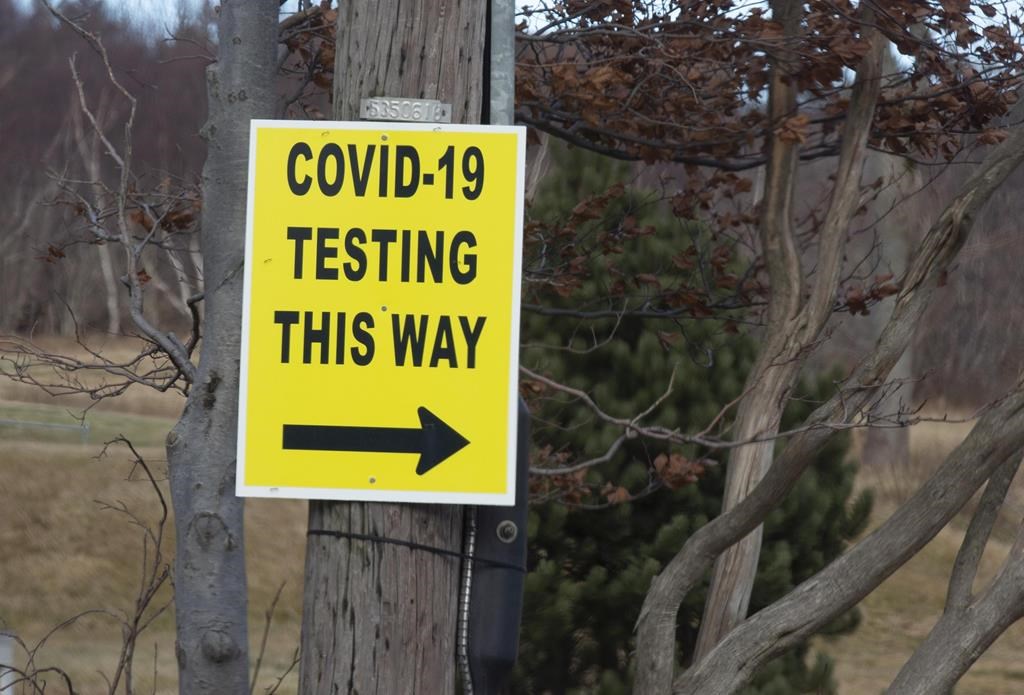With COVID-19 tests in short supply and the Omicron variant still spreading, the Better Business Bureau (BBB) of Mainland B.C. is warning residents about an increase in testing appointment scams.

According to the Canadian Anti-Fraud Centre, many consumers have received a phone call from someone claiming to be a medical professional or public health employee who asks them to book an appointment.
Others have received an email or text from someone impersonating a local drug store, school or place of employment, offering a COVID-19 test and a link to submit relevant personal information.
The scams are intended as a “lure to collect personal and medical data, or even money,” the BBB wrote in a Wednesday news release.
“In a particularly alarming story reported to the Canadian Anti-Fraud Centre, a consumer looking for COVID-19 travel-related information found a number online of a fraudulent online travel agency,” said the BBB.
“They proceeded to tell her that for them to write her an emergency note to allow her to travel and take a COVID-19 test, she would be required to send payment via Google gift cards.”

As the fifth pandemic wave continues, the BBB is encouraging the public to verify that their COVID-19 test appointments are real.
Residents can check the B.C. Centre for Disease Control’s list of available collection centres, verify that their COVID-19 test product has been approved by the Government of Canada, and browse for testing at one of several authorized private clinics in the province.
Consumers are also encouraged to be wary of calls, texts and emails, to read the fine print on any documents they’re asked to sign, to question where personal information is stored, and to ask which lab is processing the results.
“If anything within the agreement does not seem right, leave and find another testing facility,” the BBB writes.
“If you get an unsolicited message from someone, it’s best not to give the caller or sender any personal details before confirming it’s from a legitimate source.”





Comments